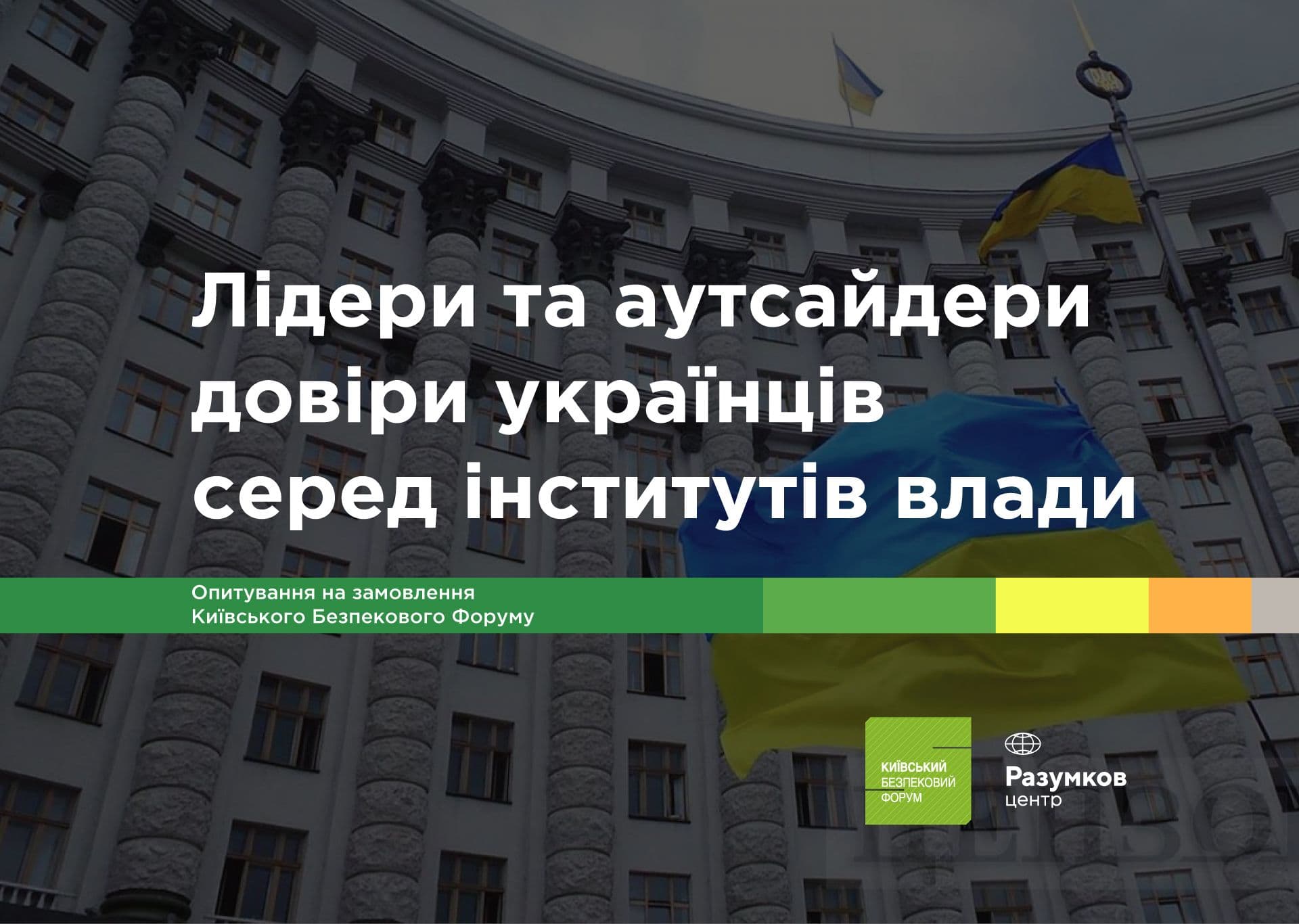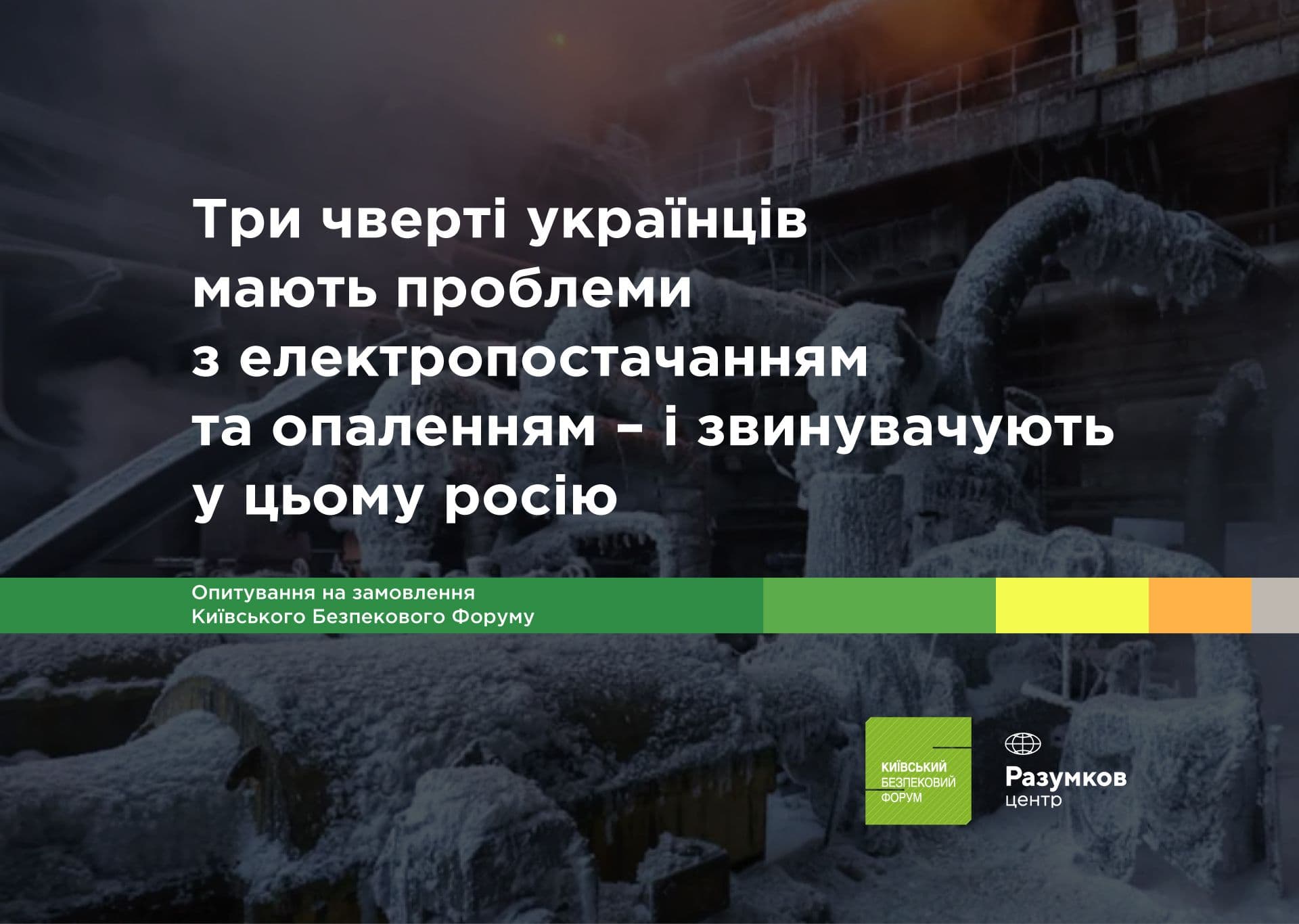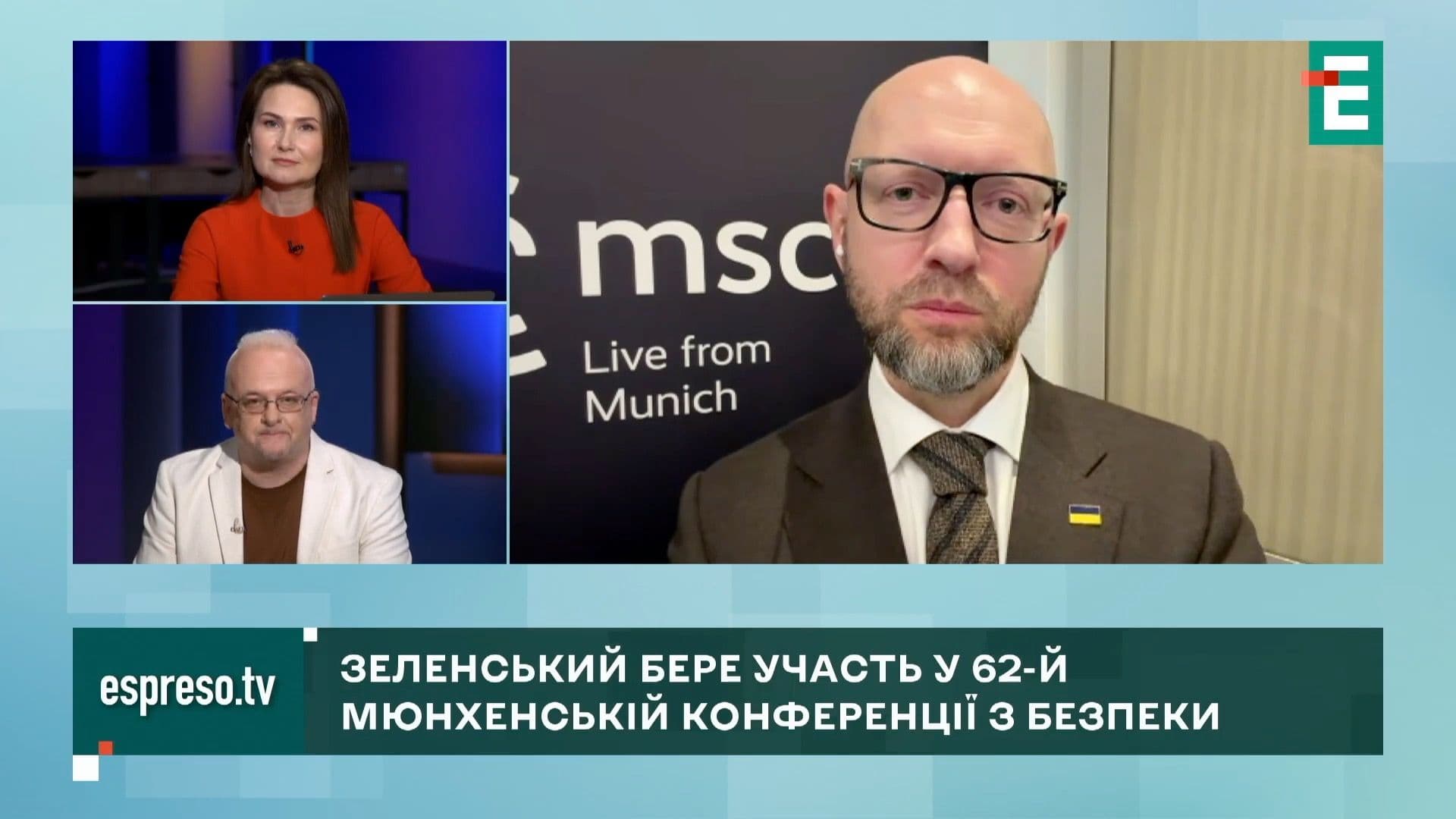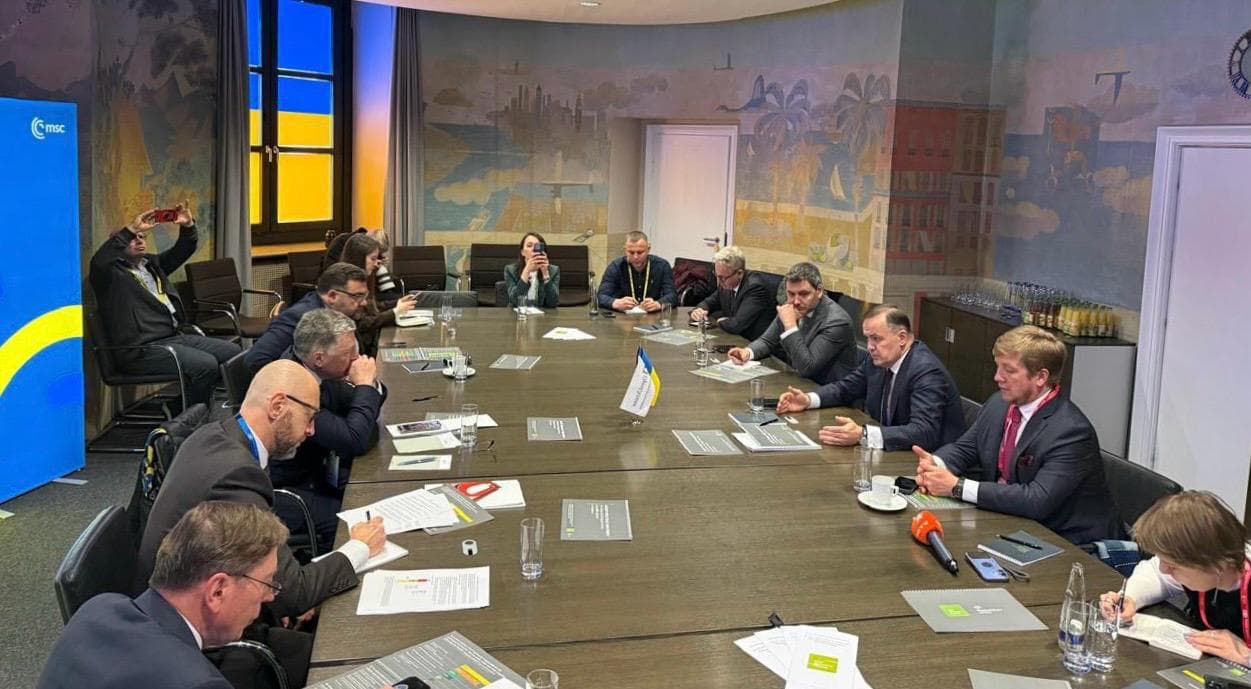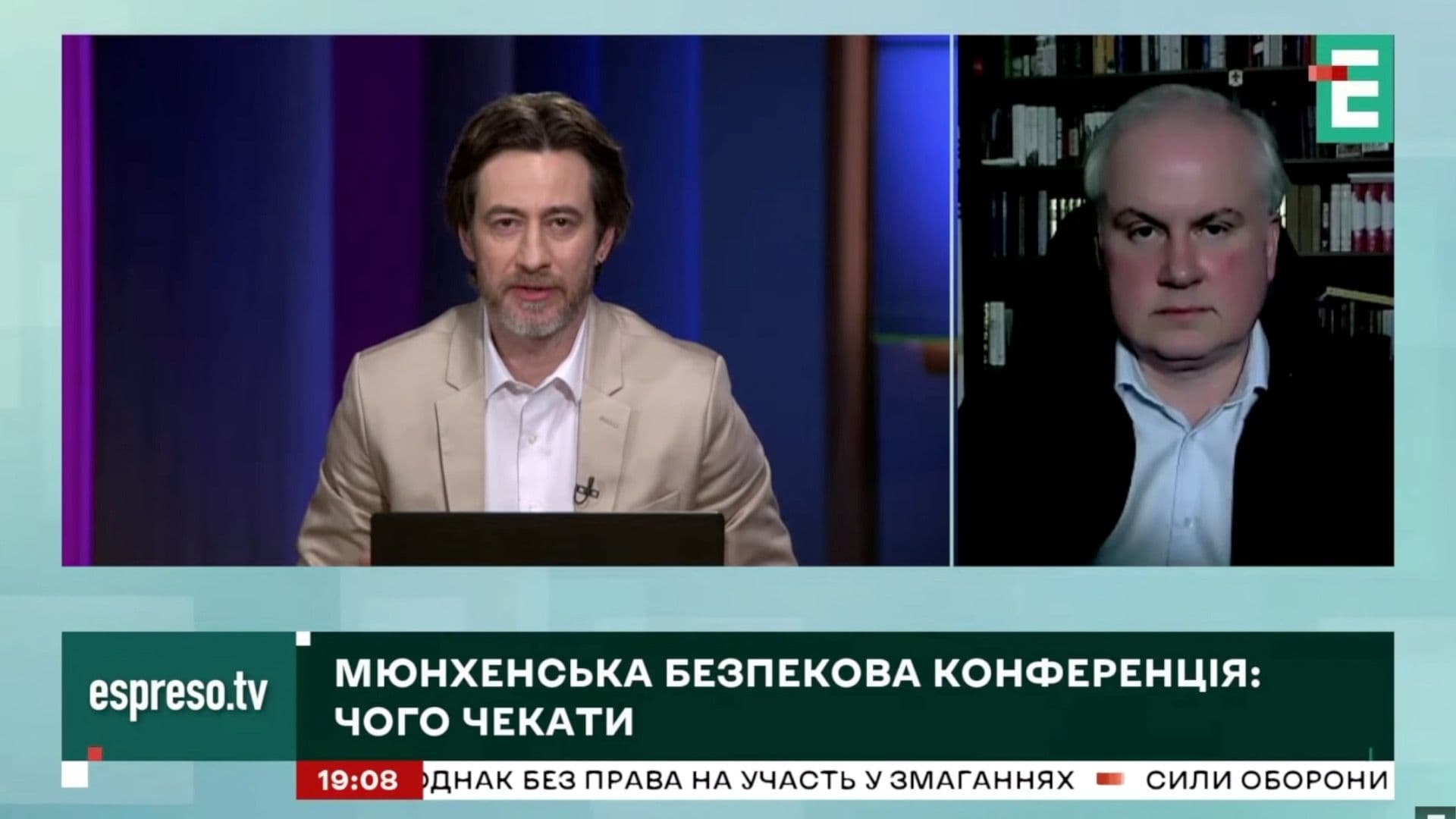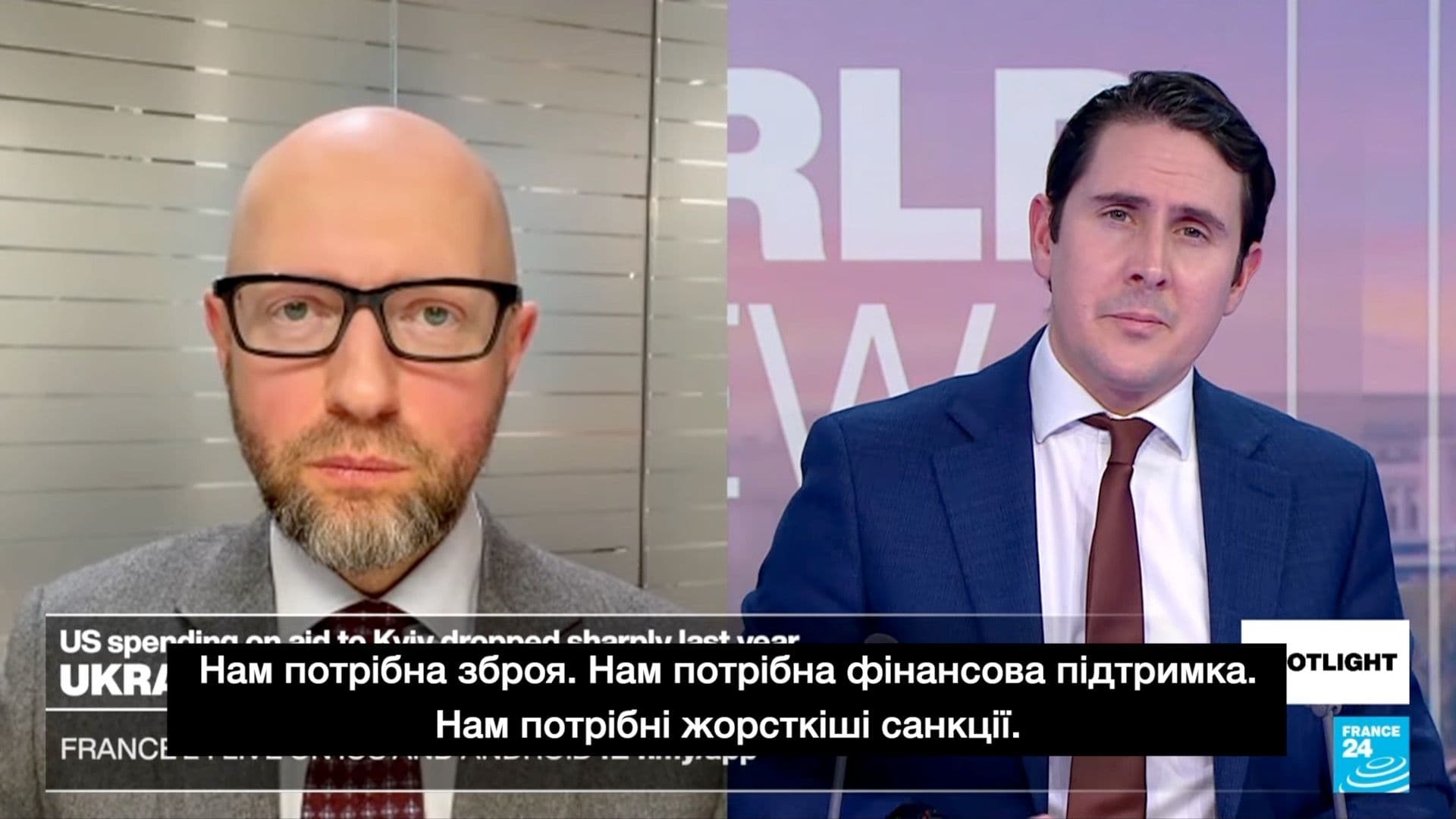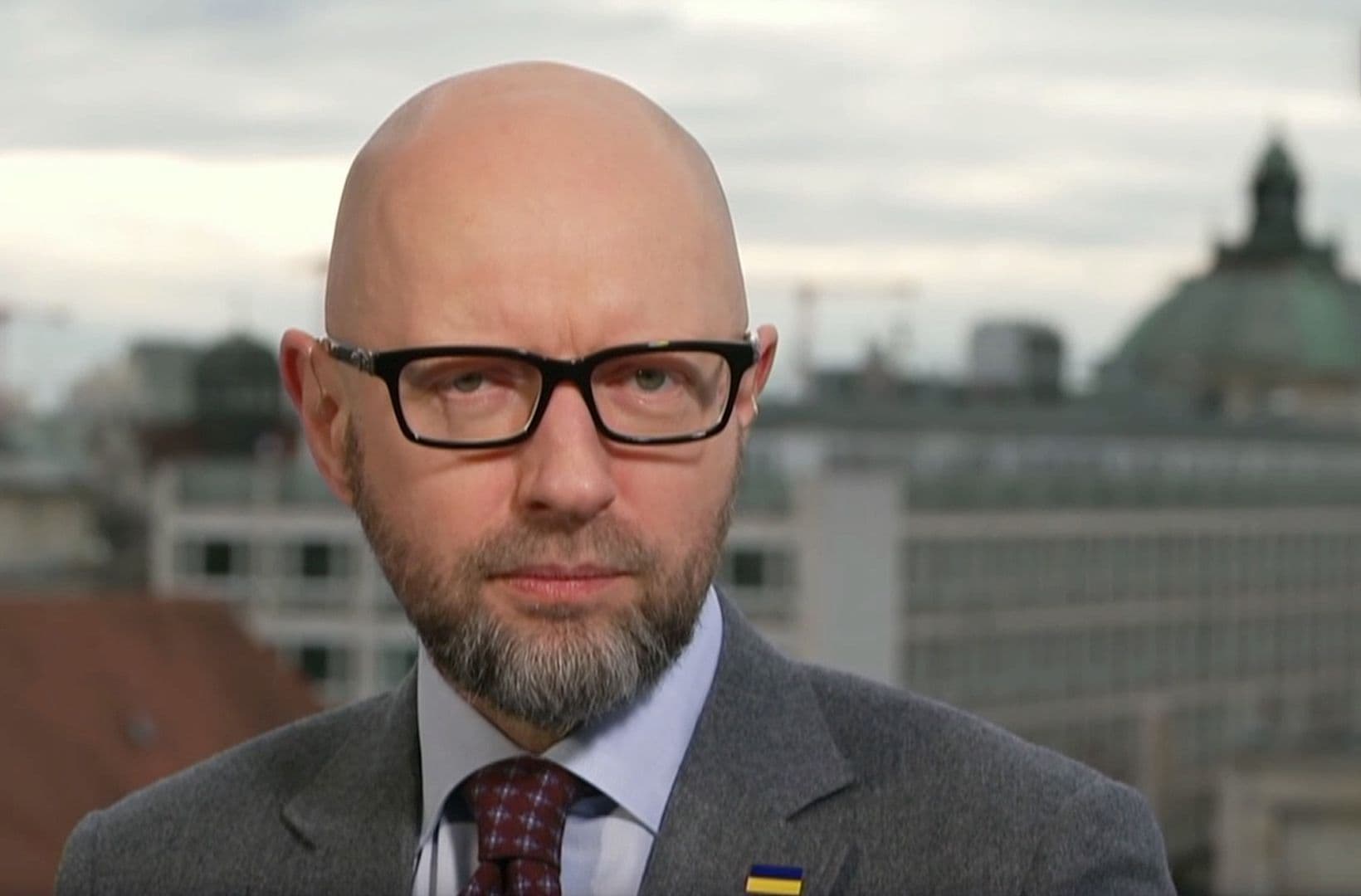Ukraine has shown that it is committed to defend democratic values: when the martial law is over, the European Union should help Ukraine adhere to democratic processes during elections.
This was emphasized by Marcin Walecki, Senior Resident Country Director, National Democratic Institute in Ukraine, at the 17th Annual Kyiv Security Forum “UA: UNITE AGAIN TO DEFEAT THE GLOBAL AGGRESSOR”, organized by the Arseniy Yatsenyuk Foundation “Open Ukraine”.
“I am optimistic about the war in Ukraine… Ukraine has shown that it is committed to defend democracy,” he said.

According to Marcin Walecki, there are several key elements for a democratic future, the first of which is free elections. “It is going to be the most difficult elections in Europe,” he pointed out.
He also reminded that elections in Ukraine will be held only after the martial law is over, and it will be extremely important for the European Union to provide assistance to Ukraine in terms of adhering to democratic processes.
Another element important for the future, according to Marcin Walecki, is real expectations in the context of Ukraine’s membership in the European Union.
“We cannot apply the same accession processes that we used in Poland, Romania, Bulgaria and the Balkans. Ukraine is doing this under enormous attacks of disinformation... we need to be together with Ukraine, not just assessing it from outside,” he stressed.
In this context, the Senior Resident Country Director, NDI, Ukraine added that the European Union needs to take care of “corrupt populist regimes inside, as they are going to be an obstacle to Ukraine’s accession to the EU and NATO.”
"Ukraine has shown that it is committed to and knows how to defend democracy. “I am confident that there is a sufficient level of political dialogue, unity, understanding and respect for political pluralism... I am more concerned about the state of democracy in the EU,” he concluded.
The Kyiv Security Forum, organized by the Arseniy Yatsenyuk’s Open Ukraine Foundation, is the main platform in this country to discuss issues of war and peace, national and global security.




